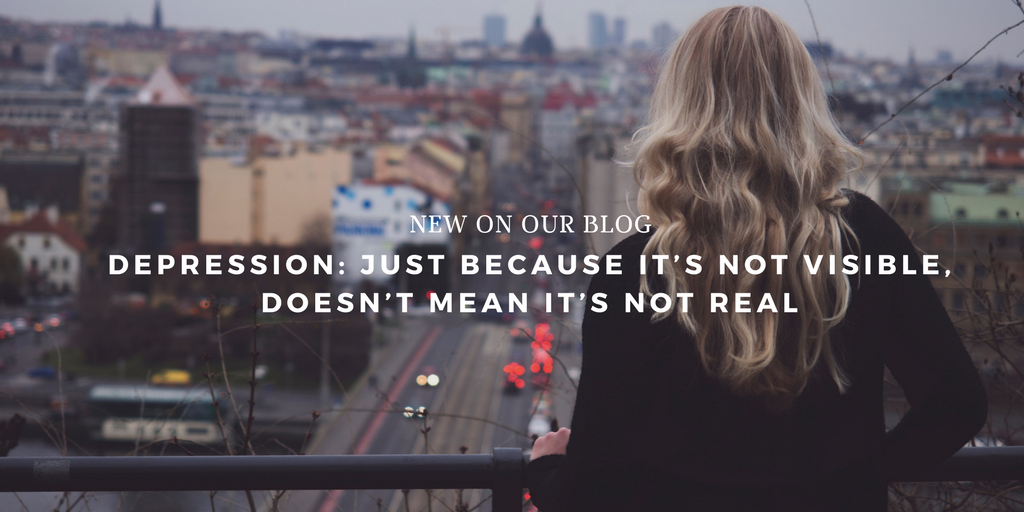
by Sara Hart | Jun 22, 2018 | Blog
Trauma can come from various life instances, and the recovery process can look different for different people. For some, it takes a period of time to heal from trauma. For others, seeking professional treatment is necessary for recovery.
Everyday situations might trigger flashbacks, which may lead to feelings of anger, fear, anxiety, guilt or numbness. Coping skills and grounding techniques are used to work through past traumatic experiences, especially when a painful flashback from the event resurfaces.
Below, we offer tips on how you can begin taking steps towards recovering from a traumatic event.
Meditation
Meditation and mindfulness techniques can help you overcome the side effects from trauma. When first learning how to meditate, try using a guided meditation app. One such app is Insight Timer. Insight Timer offers free, guided meditations, meditation music and group discussion options.
Deep breathing
Increased respiration is one of your body’s fight-or-flight responses. During a moment of panic, focus on breathing in deeply through your nose and out through your mouth. Pay close attention to how your body reacts when talking or thinking about the traumatic event and identify coping skills that make your mind and body feel calm. Commonly used coping …

by Sara Hart | Feb 27, 2018 | Blog
There are many faces of depression.
For some, depression can be so severe it’s crippling – keeping them from accomplishing day-to-day tasks. For others, getting out of bed and going through life’s motions is possible, but inwardly, they may be absorbed with a challenging set of symptoms invisible to those who know them. These individuals are considered to have high-functioning depression.
Because those suffering from this are able to function normally, the people surrounding them may not realize what they’re feeling inside. It’s important to understand, however, that this diagnosis can carry significant risks if left untreated.
Do you have a loved one who’s seemed ‘off’ lately? It might be time to reach out and talk about his or her mental health. Below, we outline feelings individuals suffering from high-functioning depression may experience – even though they don’t always show them.
Self-doubt
Those suffering from high-functioning depression may experience a constant worry – over their past, present and future. This doubt is inescapable and much more pervasive than the normal worries most of us experience over life’s stressors.
Criticality
High-functioning depression can cause insistent criticality – of oneself and of others. Those suffering from high-functioning depression are often their own …


